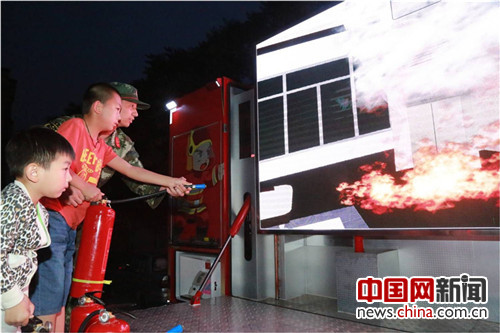G7 Environment Ministers’ Meeting – Press Statement, on behalf of the European Union, by Commissioner Karmenu Vella
I would like to echo the other colleagues and thank Minister Galletti for his excellent hospitality and skillful chairing, as well as the citizens of Bologna for their warm welcome.
We in the EU think that a more resource-efficient, low-carbon and circular economy is the way forward, not only for Europe but also for the whole world. I am very glad that this view is confirmed at G7 level.
Today we adopted the five year Bologna Roadmap on resource efficiency in continuity with what was agreed in Toyama last year. Using our resources better will also help address marine litter. An issue on which the G7 is advancing.
There was agreement among G7 members on certain, I bet if very important issues, relating to the environment and sustainable development: the importance of implementing the 2030 Sustainable Development Goals agenda; the need of scaling up sustainable finance in particular for our Small and Medium Enterprises (SMEs) encouraging public private partnership; the need to actively promote and develop an ambitious agenda on resource efficiency and the circular economy as an opportunity for innovation, growth and jobs.
On the issue of climate change, the European Union deeply regrets President Trump’s announcement to withdraw the United States from the Paris Agreement.
We therefore also regret that the United States have not been able to join the rest of us in the climate change part of the communique.
Let me be very clear on the point of the irreversibility of the Paris Agreement: the European Union will not renegotiate the Paris Agreement. Now it is time for action, the world’s priority is implementation.
The European Union is a climate leader and we will continue to lead through ambitious climate policies (we have the world’s most ambitious climate target) and through continued support to the poorest and most vulnerable countries (we are the world’s largest climate finance provider). And we are also leading in terms of emissions reductions. Overall, the EU has reduced emissions by 24% since 1990 while our economy has grown by 50%.
The clear message from this G7 Environment Ministerial is that, with the exception of the United States, we are all determined to move forwards and implement the Paris Agreement swiftly and effectively.
I would like to inform you that the European Union will host the fourth high-level Our Ocean Conference in Malta on 5 and 6 October 2017.
Allow me to conclude by confirming to Minister Galletti, our support to implement the decisions made here today and express my best wishes to Minister McKenna for Canada’s Presidency in 2018.
Let me repeat President Juncker’s words that, in Europe the planet comes first.
G7 Communique: http://www.minambiente.it/sites/default/files/archivio_immagini/Galletti/G7/communique_g7_environment_-_bologna.pdf
